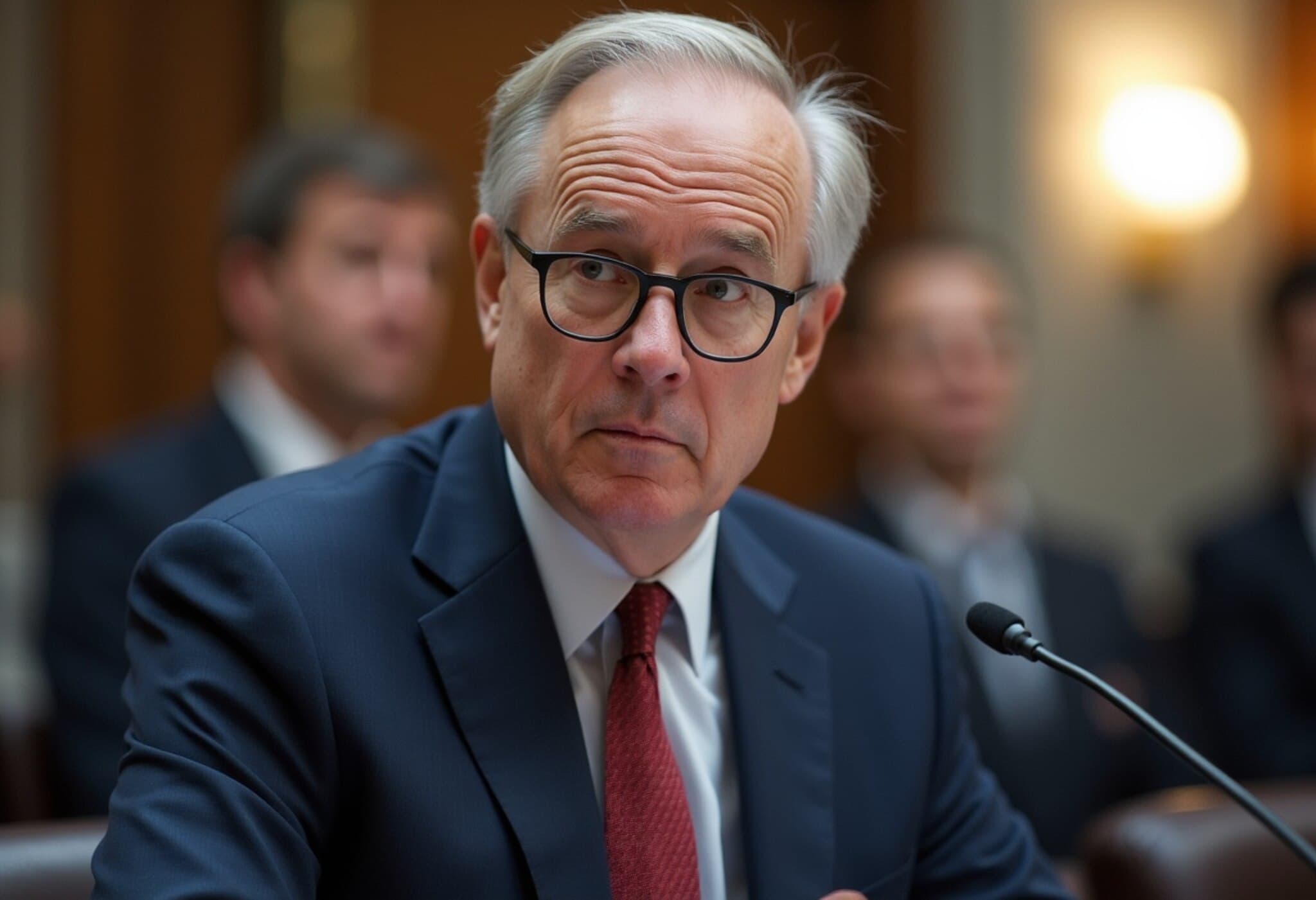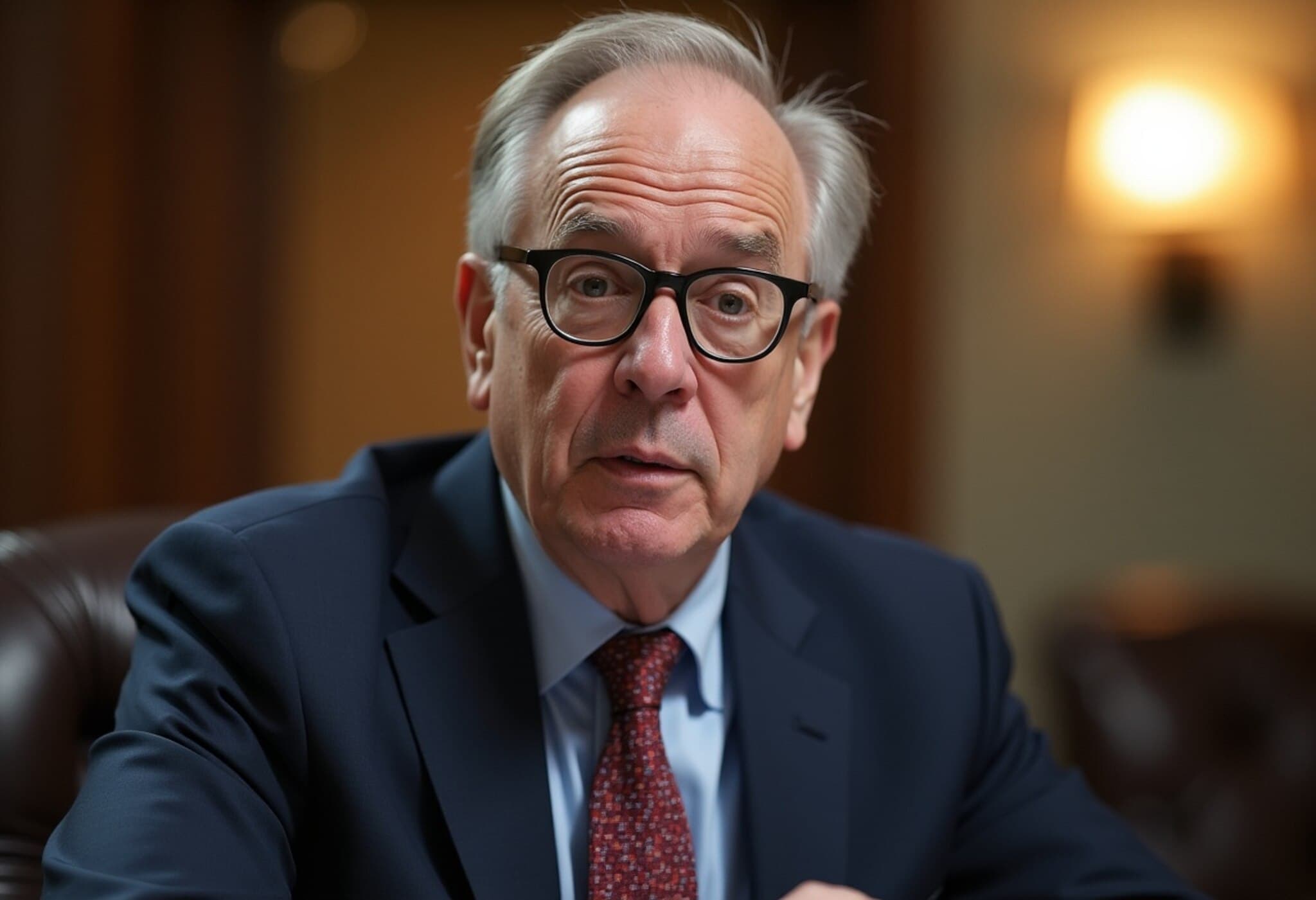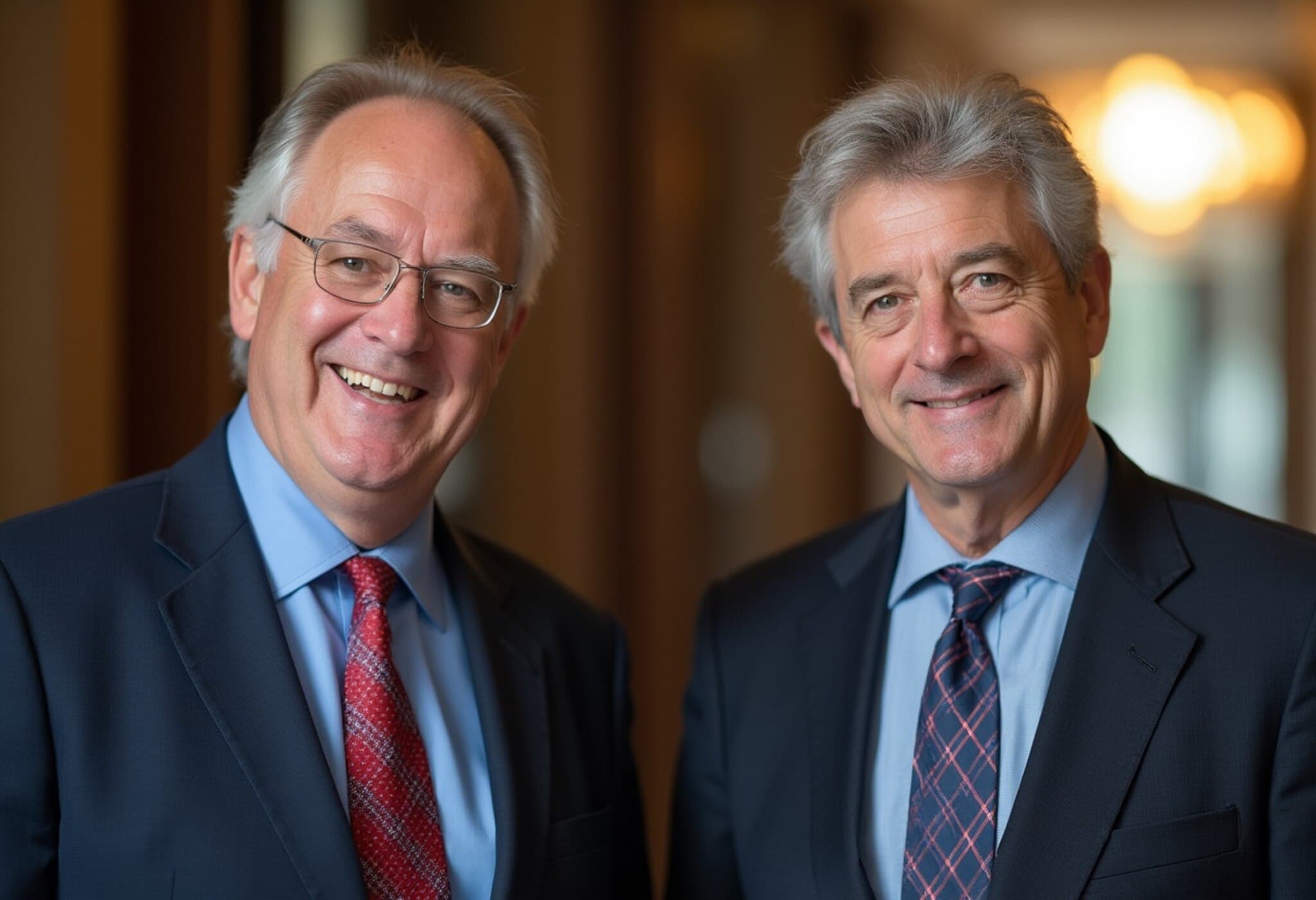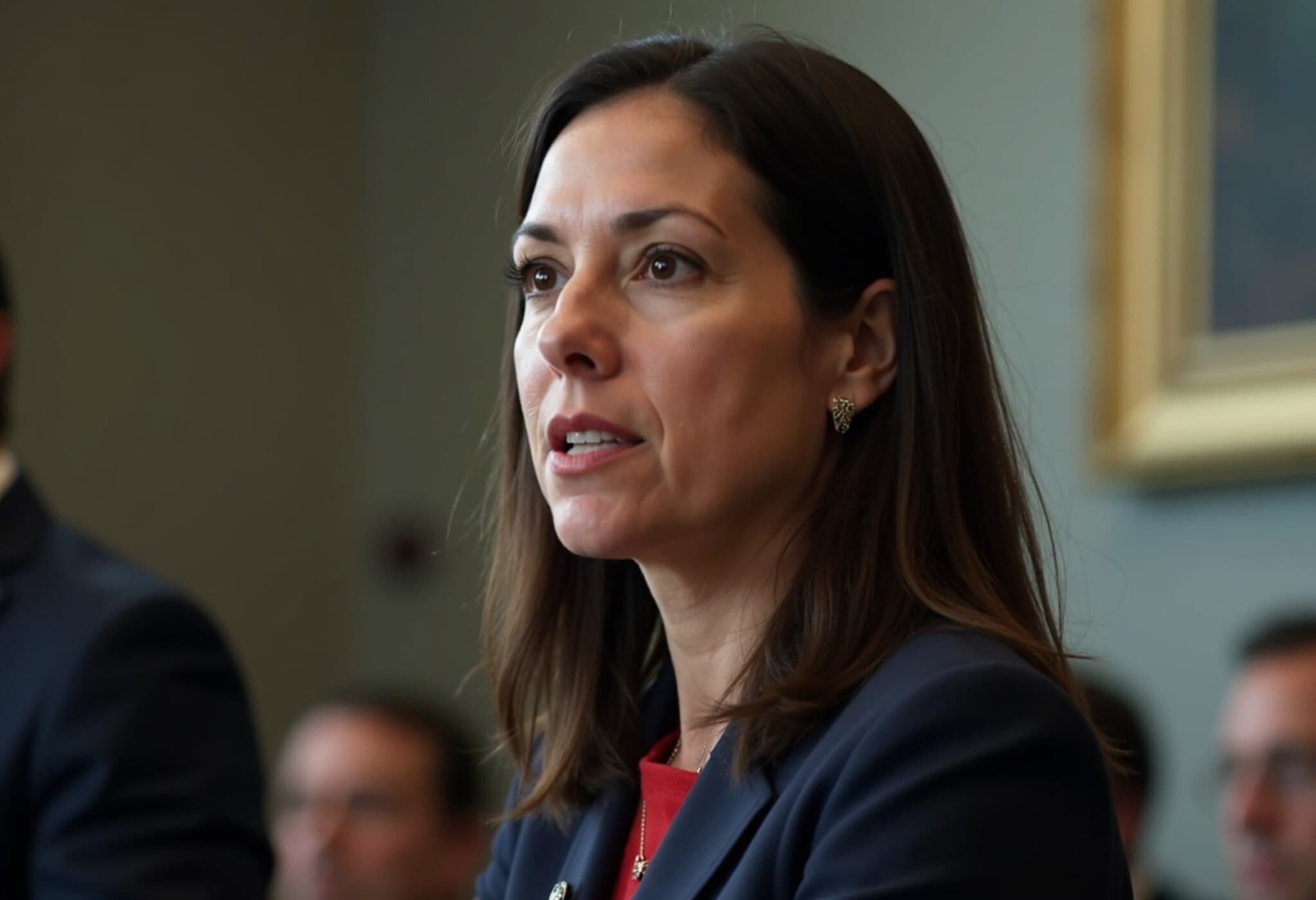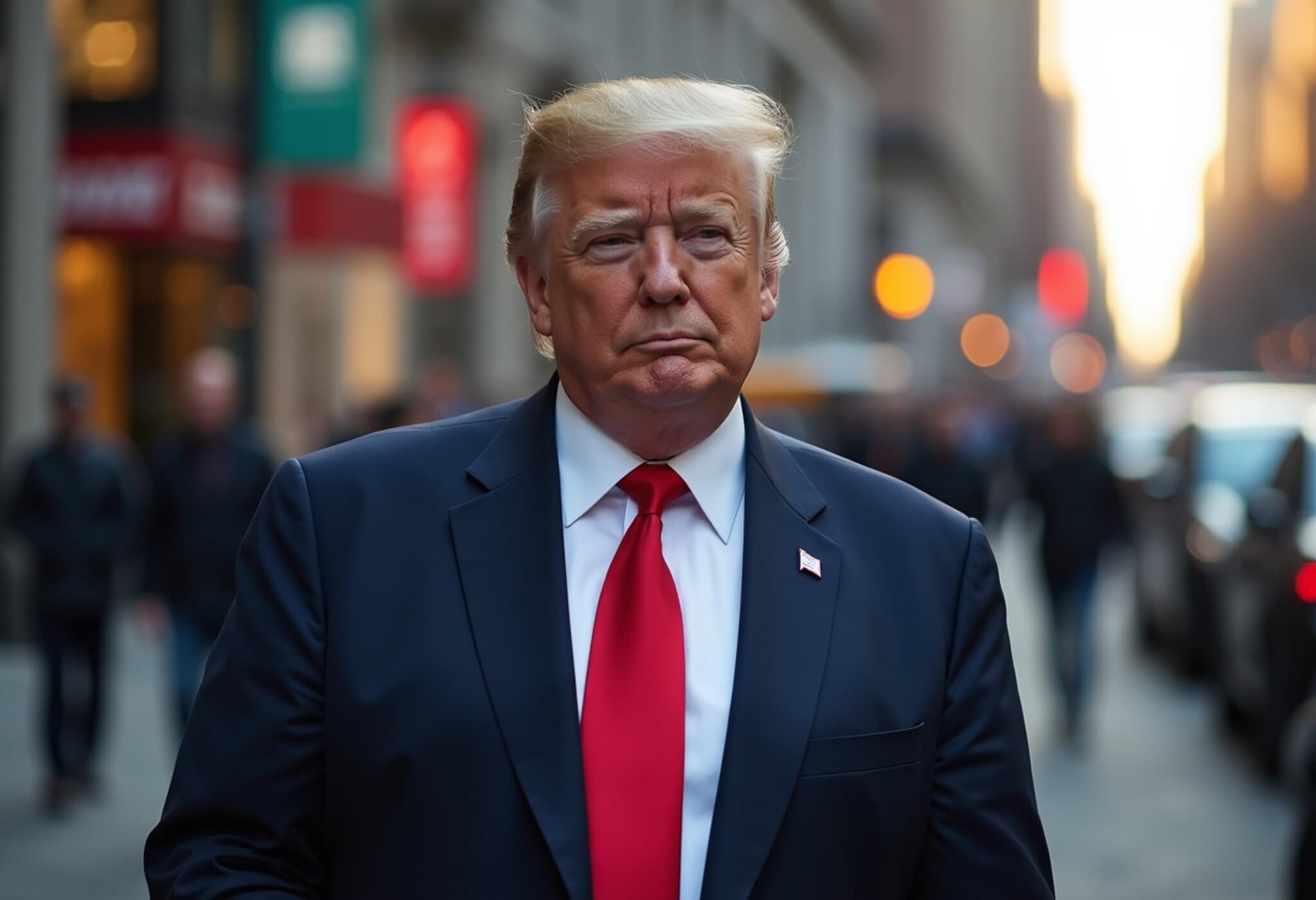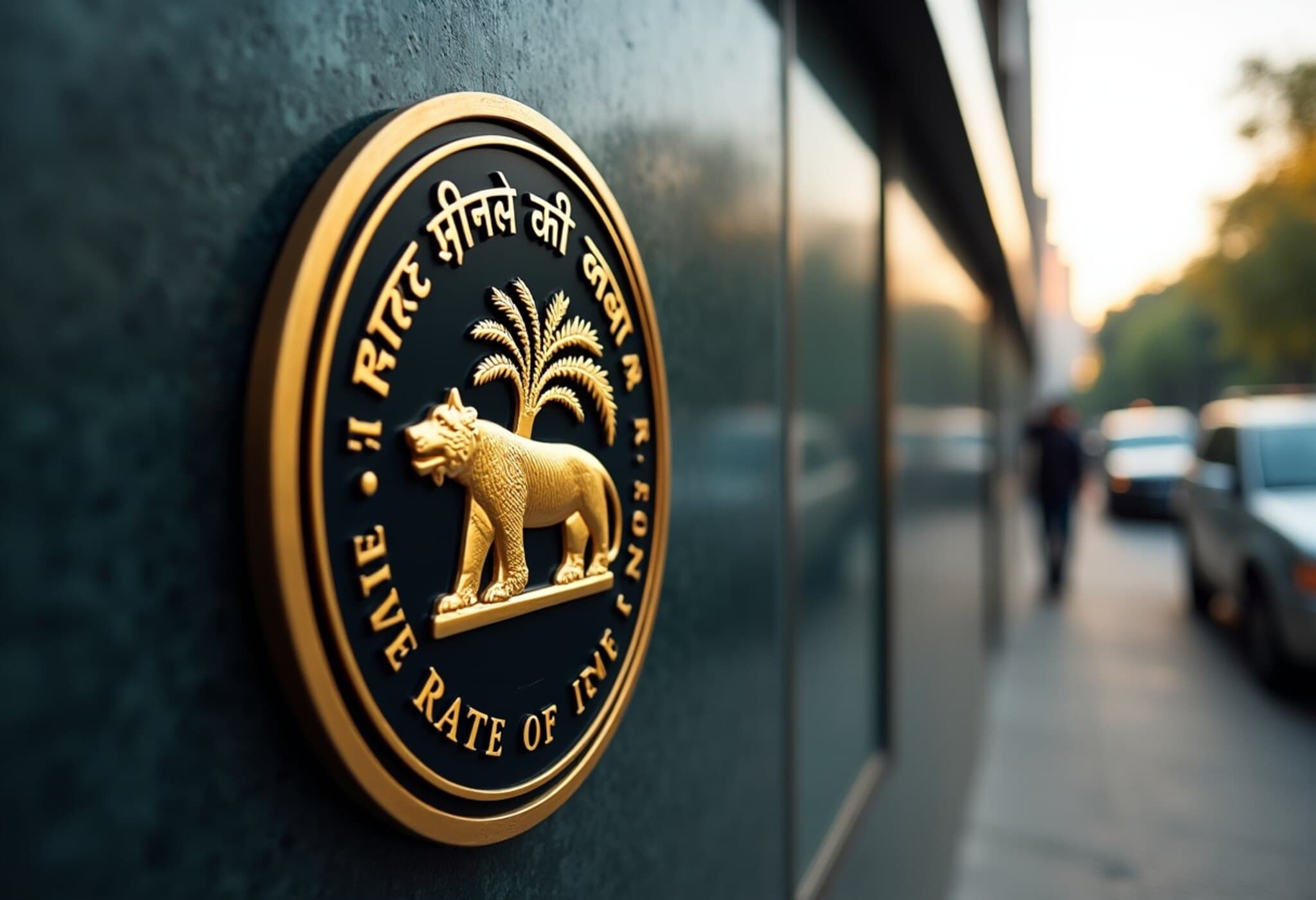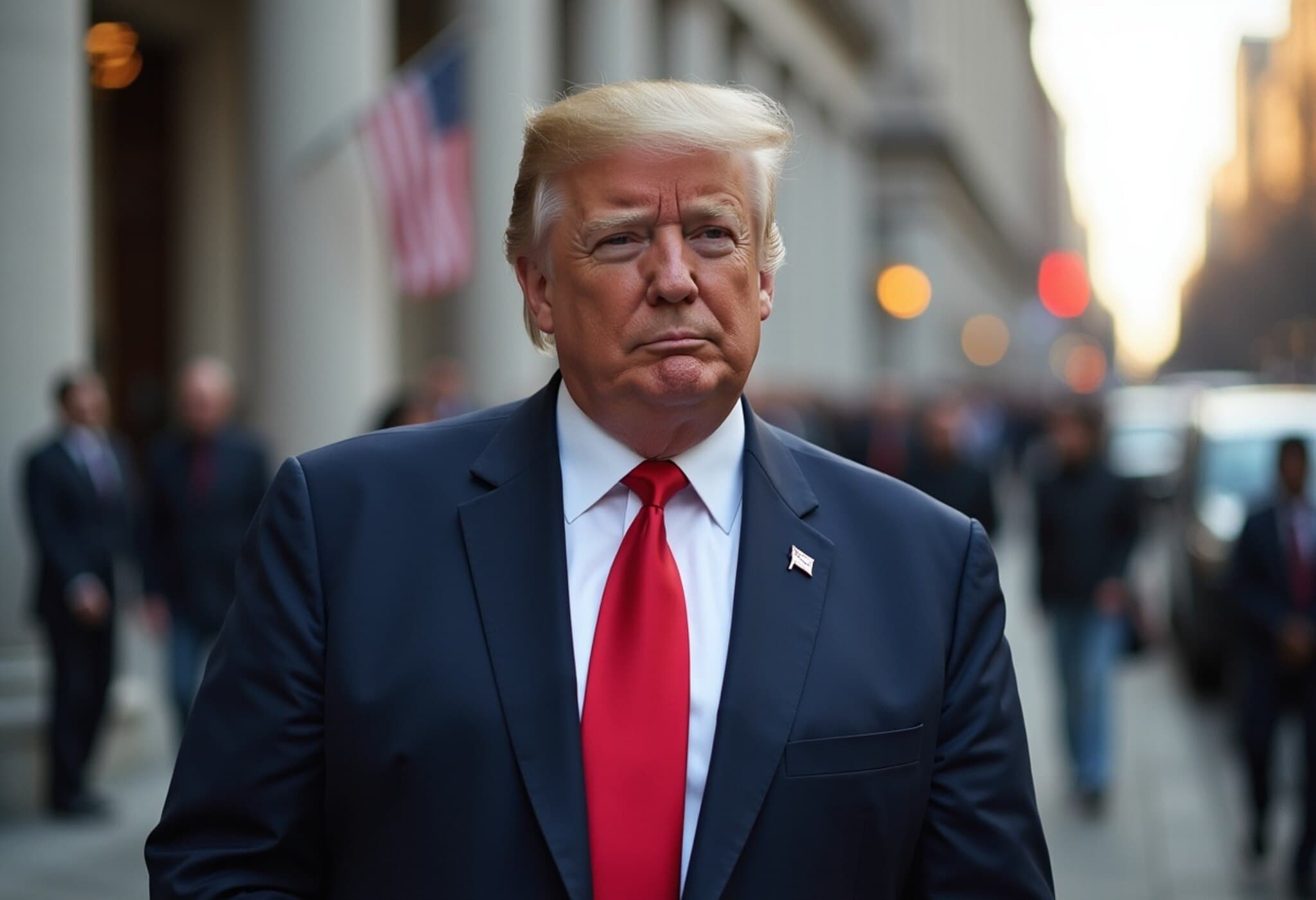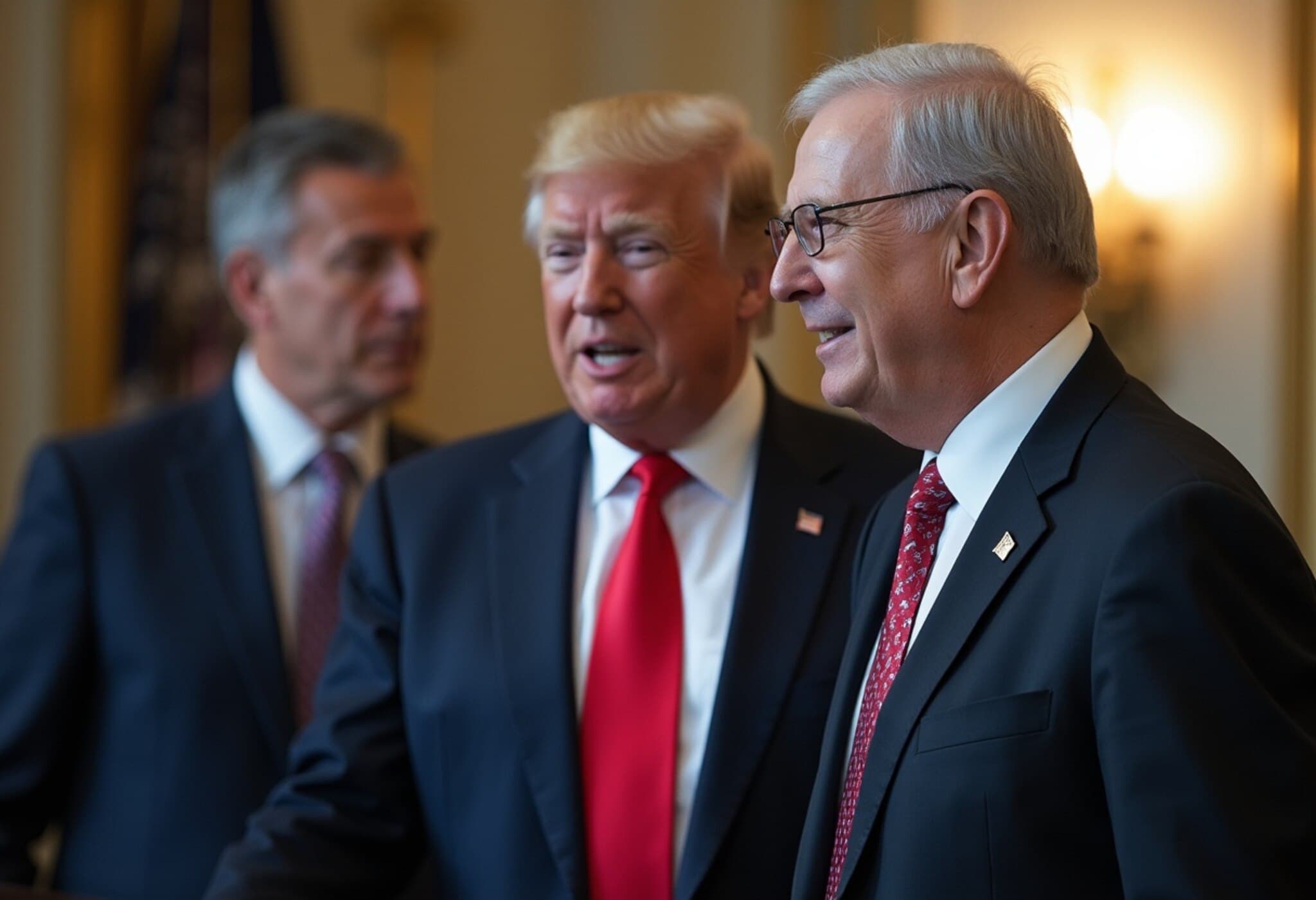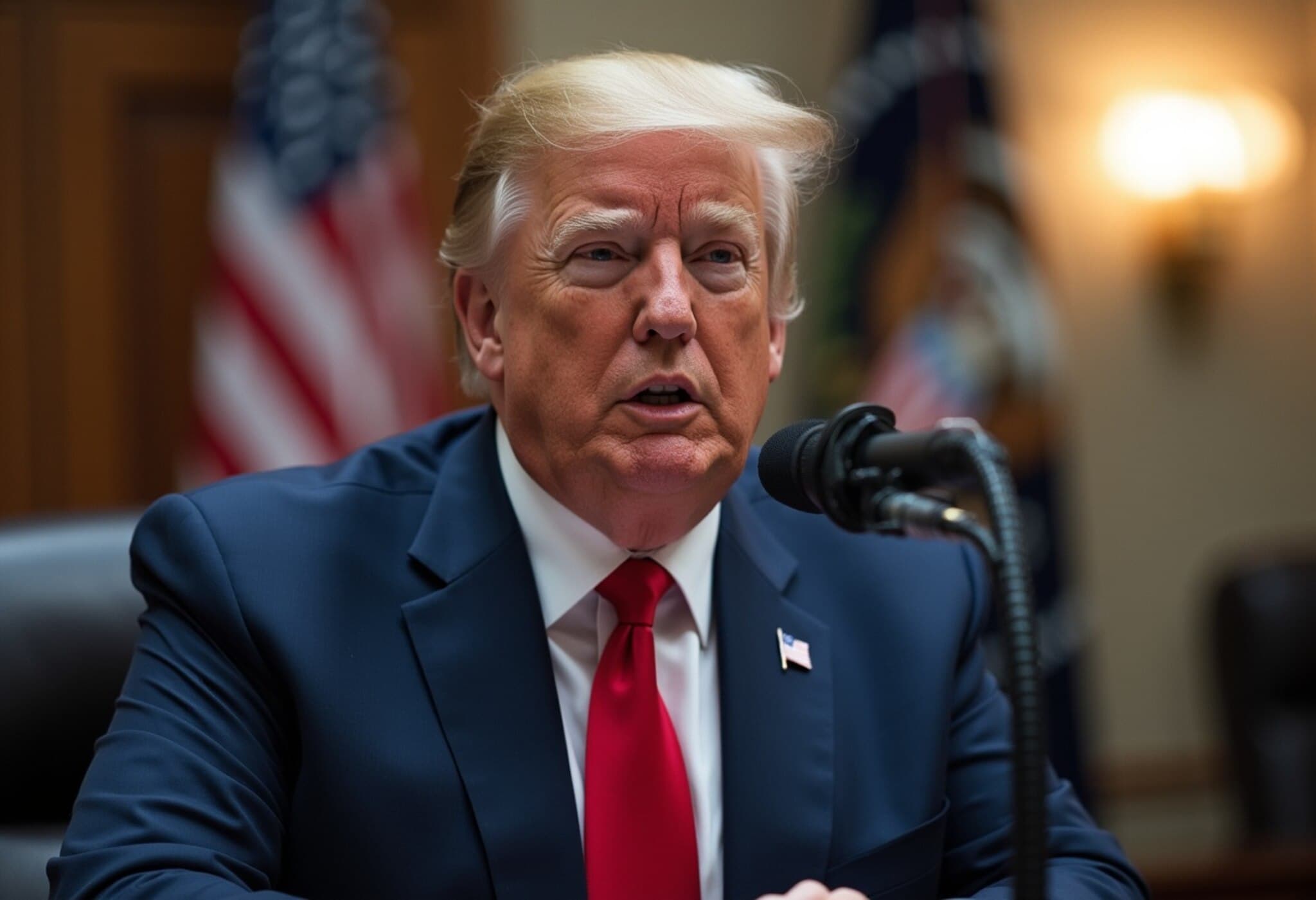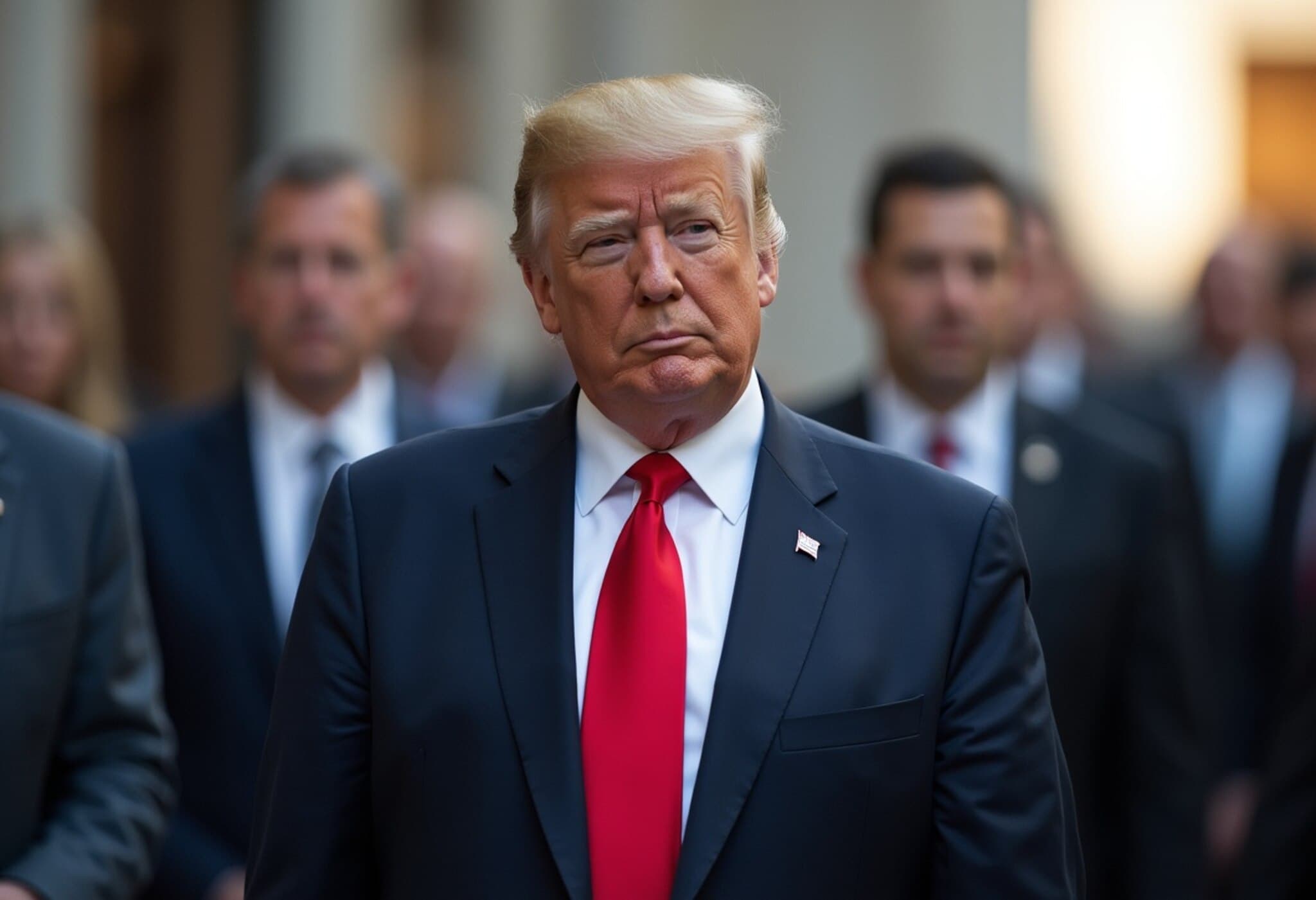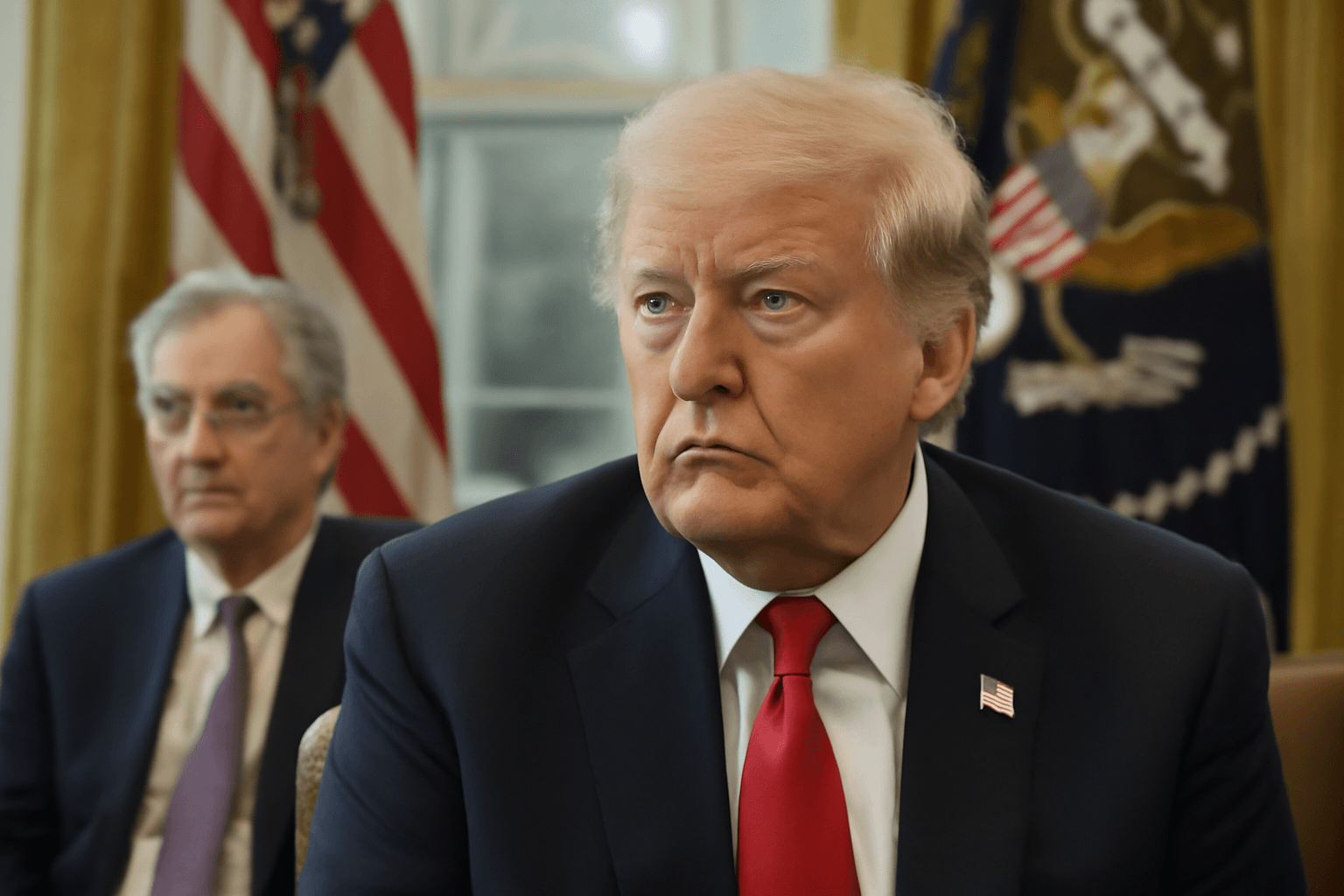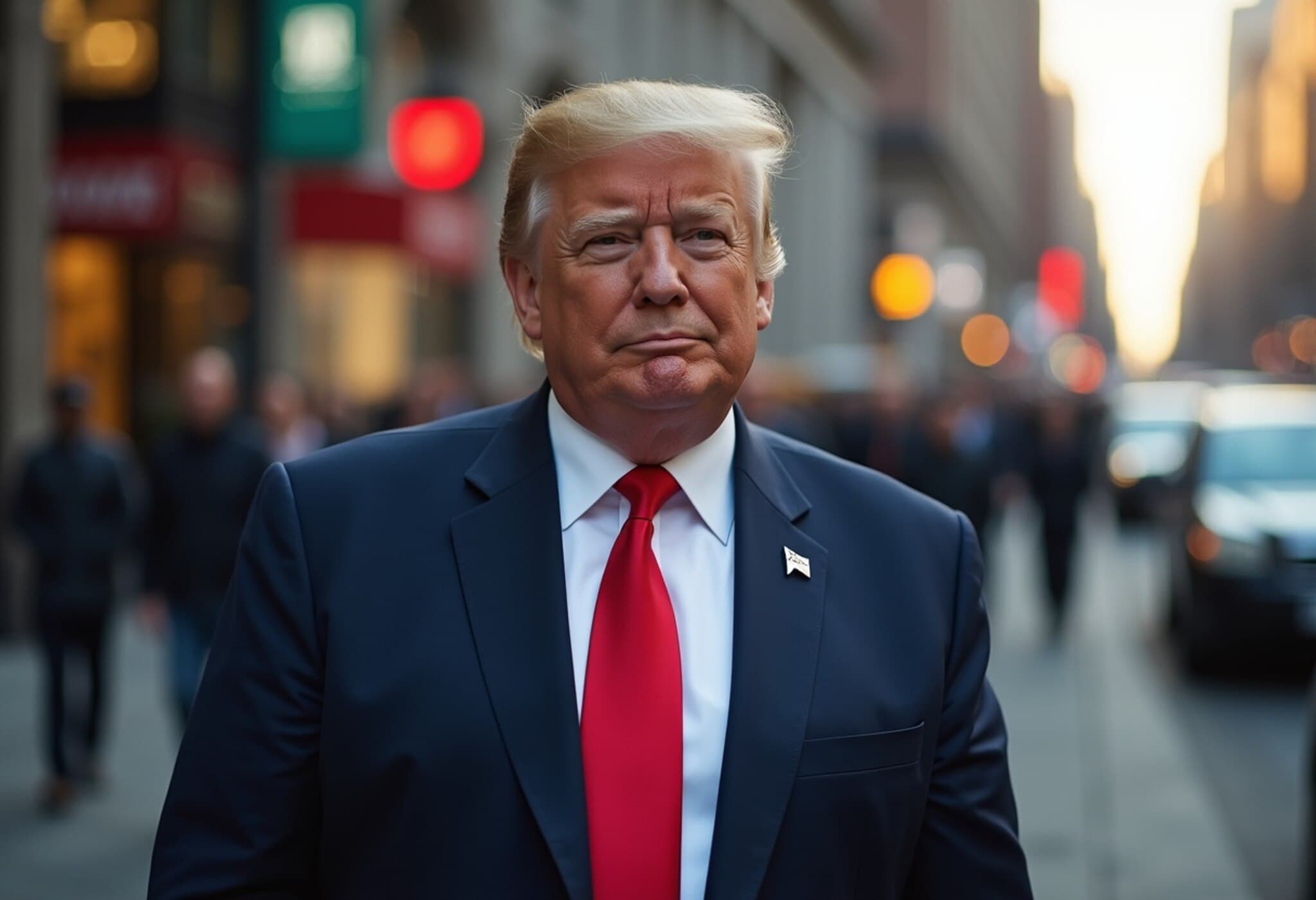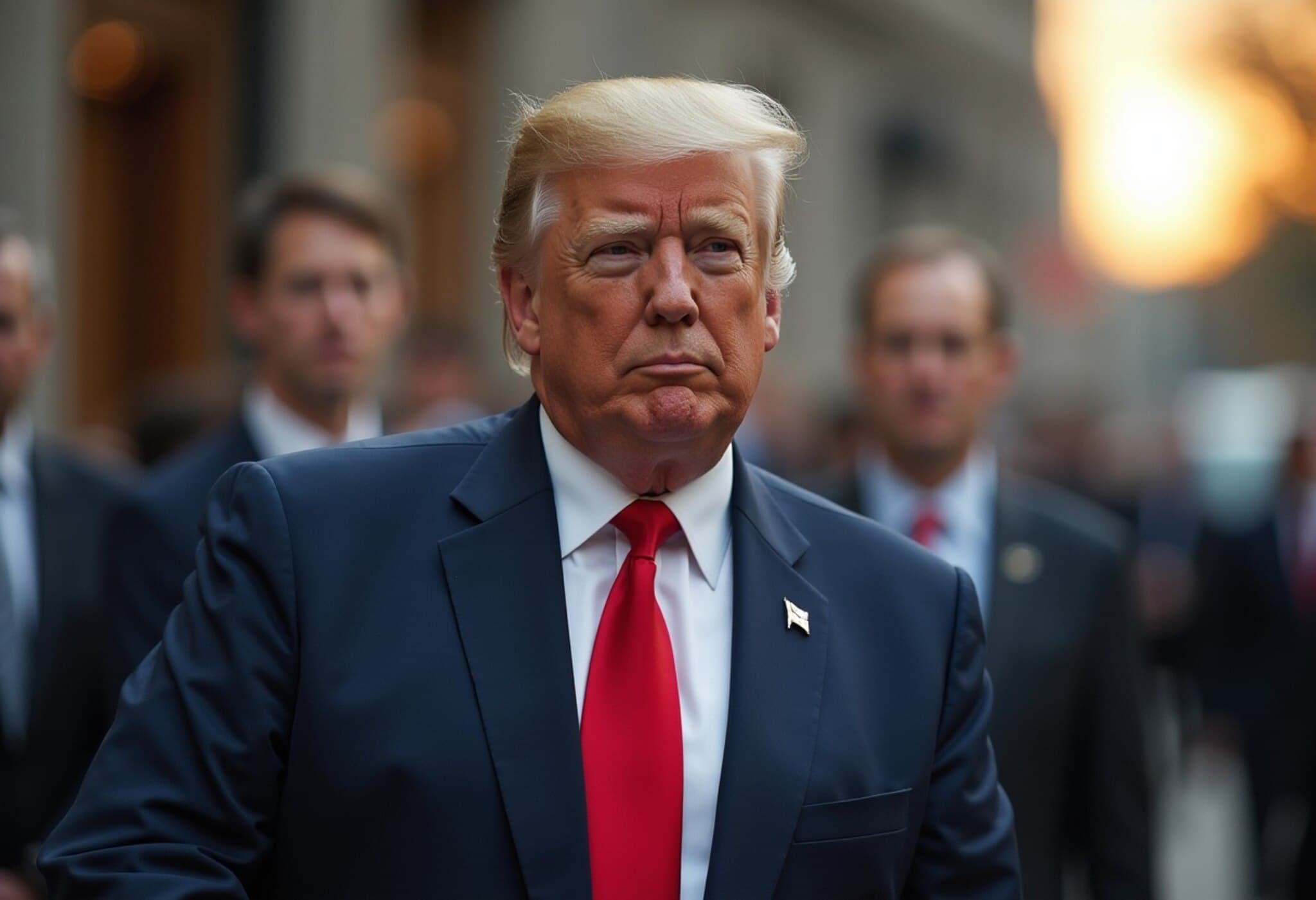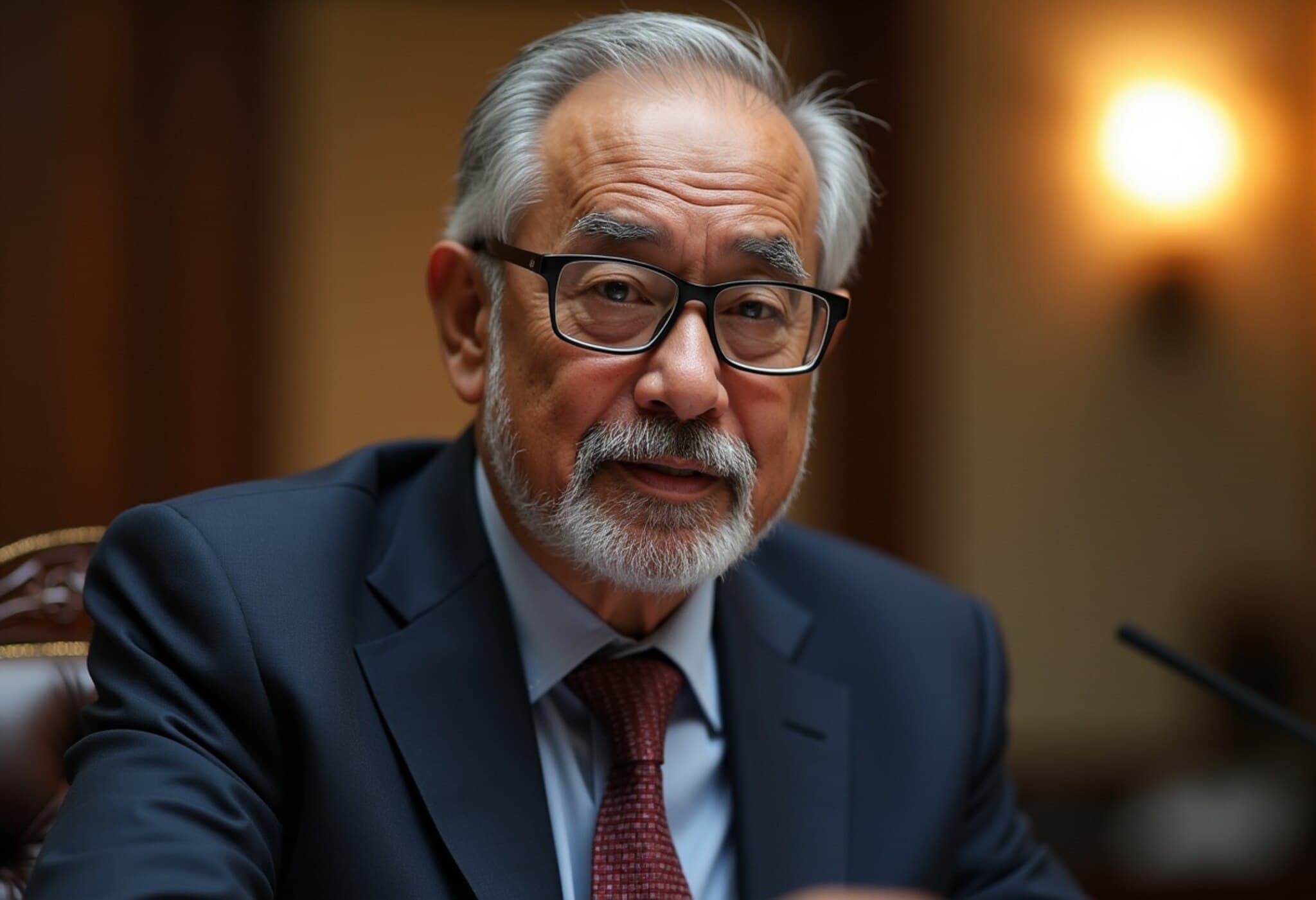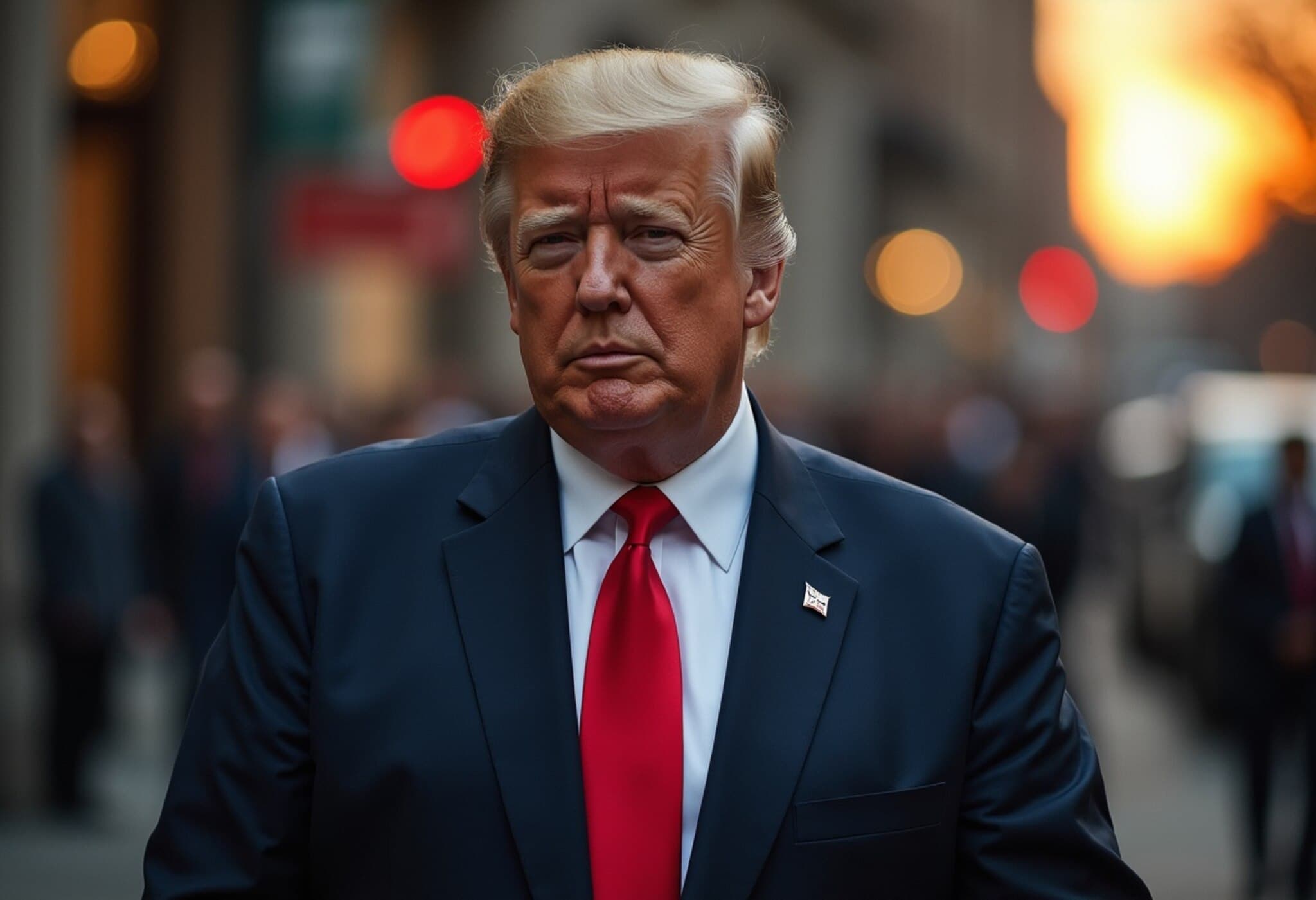Treasury Secretary Calls for a Broader Assessment of the Federal Reserve's Role
In a candid interview aired Monday on CNBC, Treasury Secretary Scott Bessent advocated for a thorough evaluation of the Federal Reserve’s overall function, extending far beyond the recent controversy surrounding its multi-million-dollar building renovations. His remarks have ignited fresh debate amid signs of growing tension between the White House and the central bank.
Rethinking the Federal Reserve’s Effectiveness
Bessent emphasized the need to critically examine whether the Fed has effectively fulfilled its core mission. Drawing an analogy to the Federal Aviation Administration, he pointed out, "If this were the FAA with this many mistakes, we would conduct a deep investigation to understand what went wrong."
This call for scrutiny comes amid swirling reports about the future leadership of the Federal Reserve. Last week, speculation surged over President Trump's potential plans to remove Fed Chair Jerome Powell – a move fraught with legal and political complexities. Although initial White House hints suggested such a shake-up, the President quickly dismissed these claims, underscoring the uncertainty surrounding the Fed’s leadership.
The Political Crossfire Involving Treasury and Fed Leadership
Scott Bessent himself finds himself at the intersection of these dynamics. Serving previously as an executive at the Fed and now as Treasury Secretary, he has been reported as an informal mediator, aiming to dissuade President Trump from ousting Powell. Bessent described the President’s decision-making process as one that assimilates multiple viewpoints before final judgment: "President Trump solicits a whole range of opinions and then makes a decision. So he takes a lot of inputs, and at the end of the day it's his decision."
Interest Rates and Inflation: Diverging Views
On economic policy, Bessent sided with those urging the Fed to consider easing monetary policy, especially as inflation trends appear to be steadying. "They were fear mongering over tariffs, and thus far we have seen very little if any inflation," he commented critically. He questioned whether entrenched economic models and traditional mindsets within the Fed might be hindering adaptation to current realities, noting, "All these PhDs over there, I don't know what they do."
The last Fed rate cut occurred in December 2024, concluding a cycle that reduced the federal funds rate by a full percentage point. Interestingly, despite the easing, treasury yields and mortgage rates climbed, complicating conventional expectations. Market analysts now widely expect a further rate cut as soon as September.
White House Scrutiny of Fed Spending Sparks Additional Tensions
Recently, the administration has sharply criticized the Federal Reserve’s $2.5 billion renovation project for its Washington D.C. facilities. Officials from the Treasury reportedly plan to inspect the renovation site firsthand soon, highlighting an increased focus on how public funds are managed within the Fed.
Contextual Insight: Why Does This Matter?
The Federal Reserve is a cornerstone institution shaping U.S. economic policy, with wide-reaching implications for financial markets, employment, and inflation control. Treasury Secretary Bessent’s public call for a comprehensive review reflects not only political undercurrents but also growing public and market interest in assessing whether the Fed is adapting effectively to modern economic challenges.
The debate touches on fundamental questions about central bank independence versus political influence, transparency in federal spending, and the agility of economic policymaking in an increasingly complex global environment.
Looking Ahead
As this story unfolds, stakeholders—from investors to everyday Americans—should watch for how the Fed balances its dual mandate against political pressures, how Treasury’s involvement evolves, and whether calls for institutional reform gain traction.
Key Takeaways
- Bessent urges a full-scale review of Federal Reserve effectiveness beyond superficial issues.
- Political speculation about Fed leadership stability continues amid White House tensions.
- Economic debate persists over the timing and scale of interest rate adjustments.
- Scrutiny of Fed expenditures signals increased governmental oversight.
- The situation raises important questions about central bank independence and transparency.
Editor’s Note
Treasury Secretary Scott Bessent’s remarks highlight a pivotal moment for the Federal Reserve as it navigates political scrutiny and economic uncertainty. His call for a holistic review prompts us to consider: Can the Fed evolve its strategies to meet contemporary economic challenges while maintaining its critical independence? And how will these institutional tensions influence future monetary policy decisions? As this delicate balance unfolds, the answers will profoundly impact the US economy and its stakeholders.

